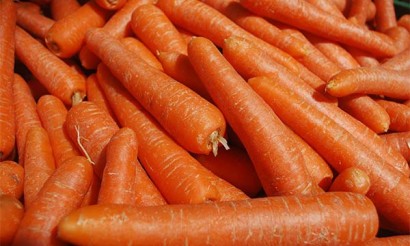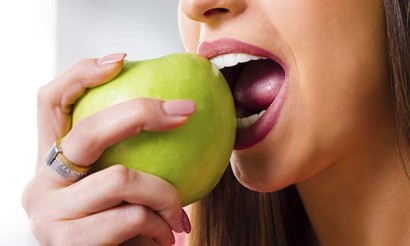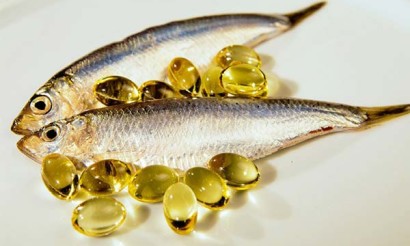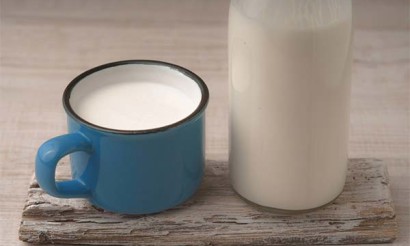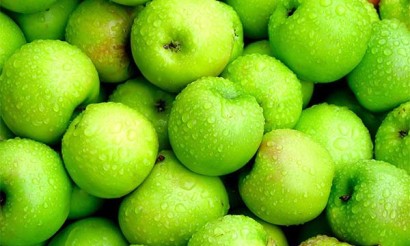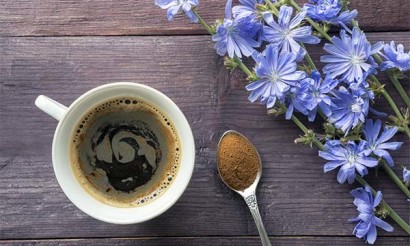How beets affect the human body
Beets are well known and housewives, and professional cooks and gardeners. Without it does not do any European cuisine. This root vegetable has valuable taste and medicinal qualities, occupying a place of honor and on the kitchen table and in the medicine cabinet. With the regular use of beets is clearly noticeable its positive effect on almost all systems of the body.
General Characteristics
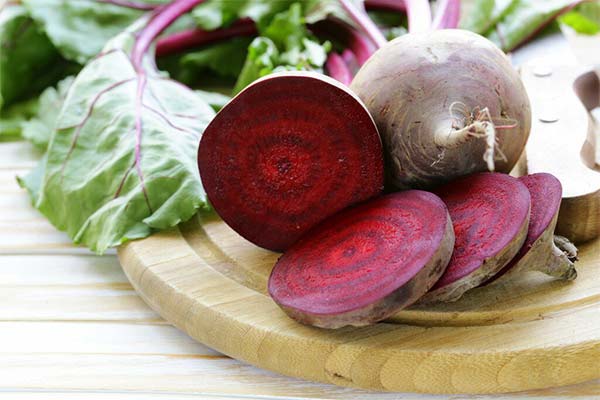
Beets belong to the herbaceous plants of the amaranth family. Unlike others, its lifespan depends on the specific species and it can be either an annual, as a table, sugar and fodder beet, or a perennial. The vegetable was cultivated already in ancient Rome and Greece, it came to European countries around the 11th century.
Interesting: At first only beet leaves were used as food and much later the root vegetable itself was tasted.
Composition
In 100 grams of fresh table beets contains only 43 kcal, which automatically turns the root crop in the category of diet products. Also note that the boiled slices have a much higher sugar level, which people with diabetes are well aware of, preferring to eat beets in raw form. It is also very rich in vitamins, including most of the B group, vitamins A, E, C, PP, U. The list of minerals is no less impressive and includes:
- copper;
- potassium;
- iron;
- calcium;
- magnesium;
- iodine;
- phosphorus;
- boron.
This composition makes beets useful for all organs and systems of the body, and they are also used as a natural dye, for cosmetic purposes to maintain health and beauty.
The benefits of beets
Beets go in food in fresh and boiled form, together with the pulp or only in the form of juice. In the second form, it is recommended in a systematic cleanse of the body during therapeutic courses and as an addition to weight loss programs.
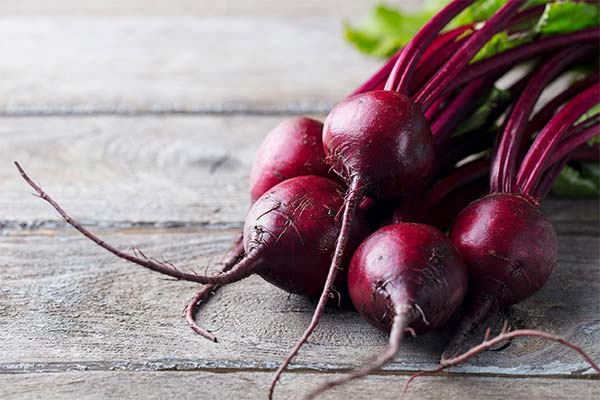
Important: Freshly squeezed juice from raw beet is very acrid and immediately in undiluted form you can not drink it, you must start taking it, diluting it with pure water in the ratio of 1:1.
Regular inclusion in the diet of beets or their juice in any form helps to normalize the blood composition, eliminate edema, remove heavy metal salts. The amino acids in beets make them indispensable in the fight against sclerosis and liver obesity. In the juice, the balance of sodium and potassium goes in a ratio of 1:10, which provides rapid absorption of both elements and the removal of excess cholesterol while clearing the body of harmful deposits. The fiber in the composition of the fresh root vegetable perfectly activates the peristalsis of the intestine, eliminating even fecal stones. A few slices in boiled form prevent the development of anemia, improve memory and well-being, and stimulate a burst of energy.
Beet pulp will help stabilize blood pressure, relieve vasospasm, strengthen capillaries, and speed up blood flow.
Contraindications to the inclusion of this product in the diet is individual intolerance, allergic reactions, exacerbations of gastrointestinal diseases, cholelithiasis, chronic diarrhea.
Who is recommended for beets
Particular attention should be paid to this root vegetable for those who are planning a comprehensive body cleanse or a cleanse aimed at restoring liver functions. As part of weight loss and control programs, this product is also valuable as it is nutritious and reduces hunger with very few calories. Beet juice can increase red blood cell count, which is important for people with cardiovascular disease, risk of heart attack and stroke.
And, naturally, ladies of all ages should not forget to include this vegetable in the daily or weekly diet to maintain beauty and youthfulness. The substances contained in beets have rejuvenating properties, accelerate metabolism and inhibit the reproduction of pathogenic flora in the intestines, restoring normal functioning throughout its entire length, which is necessary to maintain a slender, trim figure and even complexion.
Beet dishes allow you to overcome chronic fatigue, not to succumb to depression in the off-season, keep your spirits up and feel great, forgetting about insomnia and stress.
«Important: All information on this site is provided solely for introductory purposes. Consult with a health care professional before using any of our recommendations. specialist before applying any recommendations. Neither the editors nor the authors shall be liable for any possible harm caused by materials."


